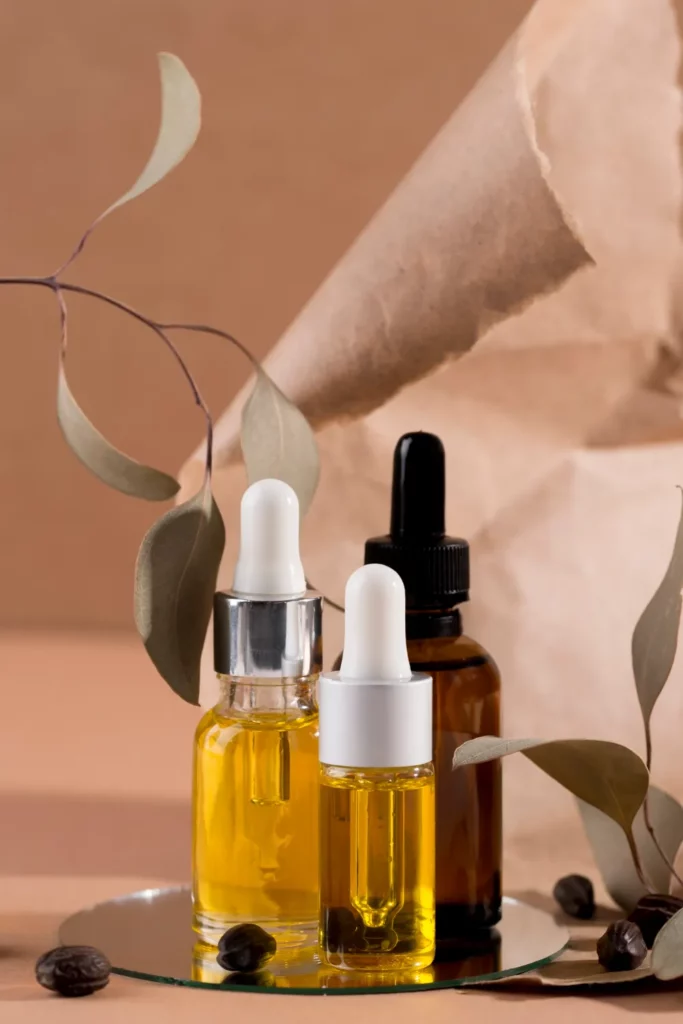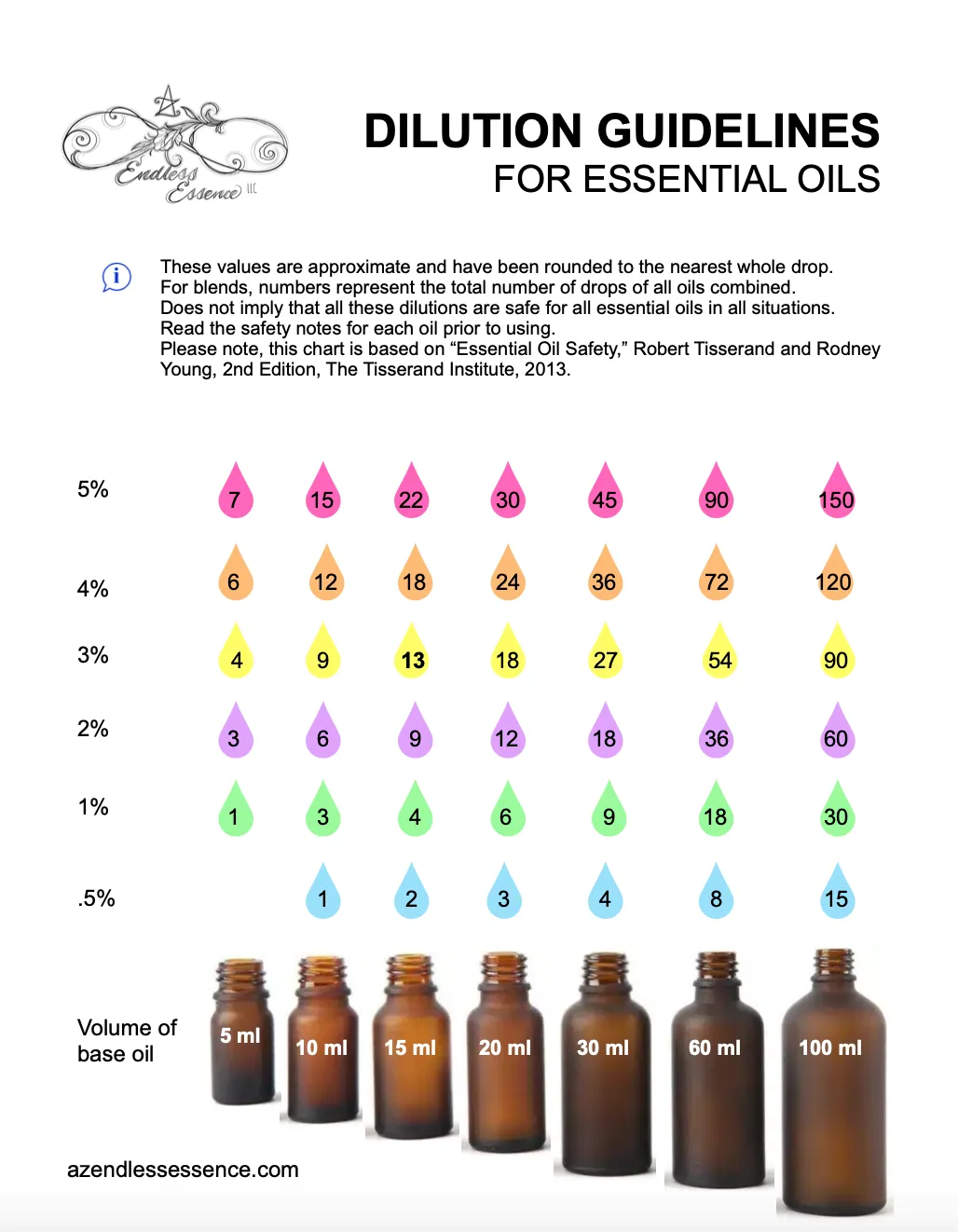Safety
Essential Oil Safety
Essential oils are highly concentrated liquids that can be harmful if not used carefully. Incorporating aromatherapy into your lifestyle shouldn’t cause unnecessary worry or paranoia. Safety is our main priority. As a certified clinical aromatherapist, I strongly recommend reading all safety precautions before using essential oils. These guidelines do not cover every aspect of proper essential oil use. When in doubt, consult your doctor or a qualified and trained aromatherapy professional.
- Consult a trained aromatherapist before using essential oils, especially if you’re uncertain about their properties or how to use them.
- Keep all essential oils out of the reach of children and pets.
- Avoid using photosensitizing essential oils before entering a tanning booth or exposing yourself to sunlight. It is recommended to stay out of the sun or tanning booth for at least twenty-four hours after applying photosensitizing essential oils to your skin.
- Avoid using the same essential oils for extended periods unless advised to do so by a qualified healthcare professional.
- Avoid using essential oils you are unfamiliar with. Research and understand the oil before applying it to yourself or others.
- Avoid applying undiluted essential oils directly to the skin unless specifically instructed otherwise.
- If you suspect someone might be sensitive to certain essential oils or if they have known allergies or sensitivities, it is best to perform a skin patch test.
- Familiarize yourself with the safety data for each essential oil and consider how it relates to its intended use and your existing knowledge.
- Use caution when a woman suspects she might be pregnant or has been trying to become pregnant.
- Keep essential oils away from the eyes.
- Essential oils are highly flammable and should be kept away from open flames, like candles, fire, matches, cigarettes, and gas stoves.
- Ensure proper ventilation in the room.
- Do not use essential oils internally unless you have proper training on safety precautions.
Safety Measures
If you accidentally get essential oils in your eye (or eyes), rinse it with plenty of water for 15-30 minutes. Water is more effective than oil because it flushes out the substance better. It’s not about whether the essential oils dissolve in water or oil; it’s about removing the oil as quickly as possible.
If an essential oil causes skin irritation, remove any contaminated clothing, gently wash the area with soap and water for 10 minutes, and expose the skin to air—avoiding direct sunlight—to help any remaining oil evaporate. Apply a small amount of carrier oil or cream to the affected area and discontinue use of the essential oil or product that caused the irritation.
If a child appears to have ingested an essential oil, contact the nearest poison control center. Keep the bottle for identification and encourage the child to drink either whole or 2% milk. Do not try to make the child vomit.
Inhaling essential oils is usually safe, but inhaling them for more than 20 minutes can lead to respiratory issues and neurological symptoms like headaches, nausea, burning eyes and throat, cough, shortness of breath, or slowed breathing, especially in young children. If this happens, leave the area where the oils are being used and get fresh air. Seek medical attention if symptoms are severe.
If you think you’re having any adverse effects, discontinue use of the essential oil(s) and consult an aromatherapist or your doctor.
Seek medical attention if any irritation from essential oils continues.
When treating a serious condition, it’s important that your other healthcare providers know about any complementary and alternative therapies you’re using, including essential oils. Ideally, providers would communicate with each other, but if that’s not possible, you might need to share this information yourself.
For additional safety information see:
- Alliance of International Aromatherapists Safety Information
- National Association for Holistic Aromatherapy Safety Information
- Tisserand Institute Safety Guidelines
For the most reliable and thorough information at your fingertips, I highly recommend investing in the second edition of Essential Oil Safety by Robert Tisserand and Rodney Young.



